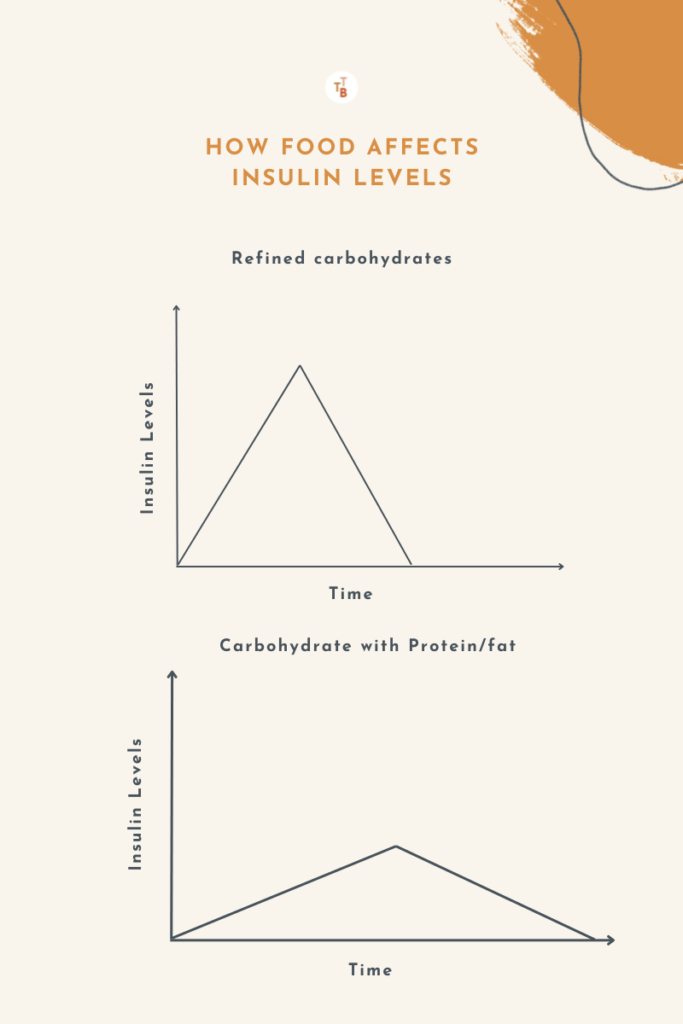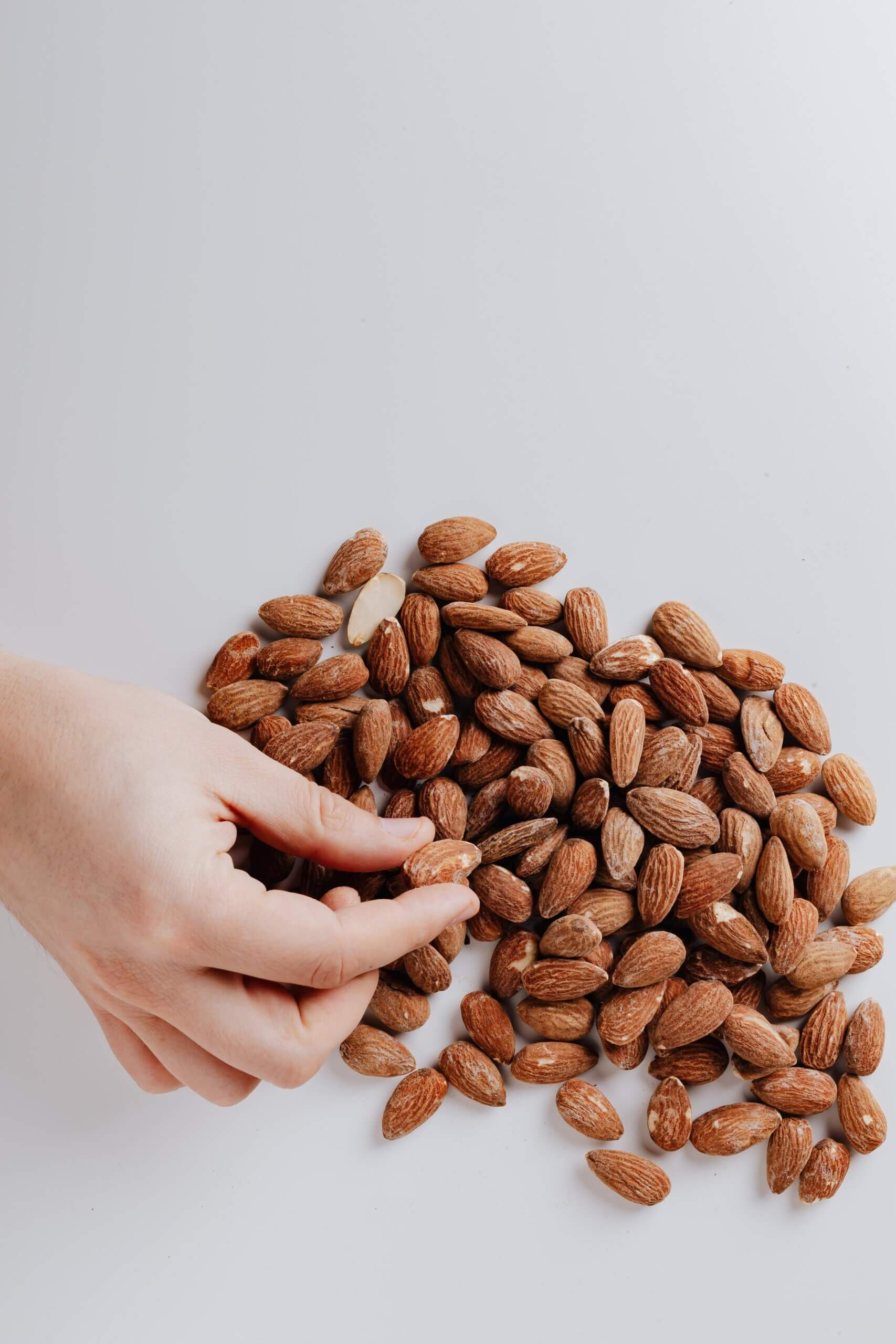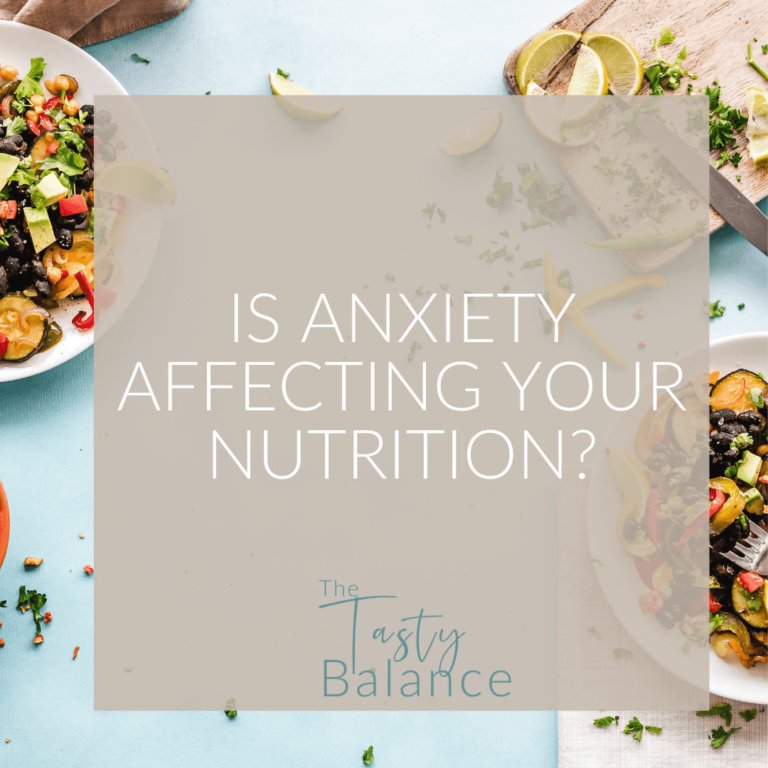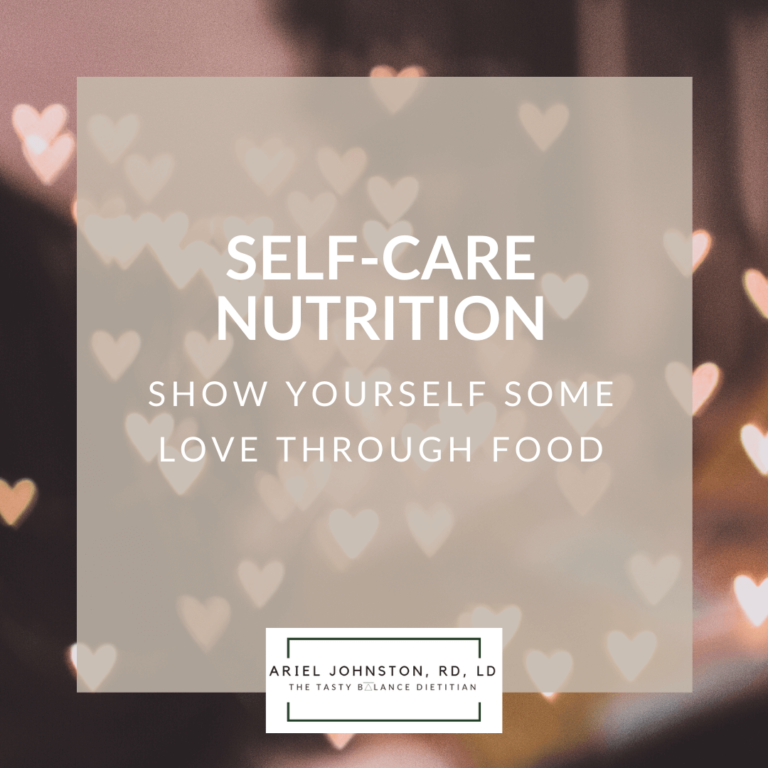The Role of Protein in Balancing Hormones with PCOS
If you’re navigating life with Polycystic Ovary Syndrome (PCOS), we understand it’s a unique, and sometimes challenging, journey. So let’s explore a powerful ally in your PCOS management toolkit—protein. We know the road can be overwhelming, so let’s dive into why protein matters, complete with examples and delicious recipes you can try at home.
Understanding PCOS
PCOS can feel like a puzzle with many pieces, each specific to your experience. Hormones, insulin resistance, and unpredictable blood sugar levels might make it seem like a rollercoaster. But remember, your diet is a crucial player in this game, and we’re here to guide you.
Why Protein Matters for PCOS
Blood Sugar Regulation:
Imagine protein as your sidekick in the battle against unpredictable blood sugar levels. PCOS and insulin resistance often go hand in hand, this can lead to intense sugar and carb cravings.
Protein is there to slow down the sugar rush, providing your body with smoother sugar regulation. Fewer crashes, more stability.

Weight Management:
Have you been told to lose weight to help manage symptoms? We hear you. Protein steps in as a fantastic ally, supporting your metabolism by requiring more calories for digestion. Also, it also helps you feel satisfied, making your journey towards holistic wellness feel a bit more manageable.
Hormonal Balance:
In addition to weight, hormones can be tricky for women with PCOS. Enter protein, the unsung hero in hormonal harmony. Proteins, like those omega-3 fatty acids in salmon, contribute to a balanced hormonal dance, supporting your overall well-being. There is also great evidence that plant based proteins result in a lower risk of anovulatory infertility, common in people with PCOS.
Examples of Protein-Rich Foods:
- Lean meats (think chicken, turkey, lean beef)
- Fatty fish (hello, salmon and trout)
- Eggs
- Greek yogurt
- Cottage cheese
- Tofu and tempeh
- Legumes (beans, lentils, chickpeas)
- Nuts and seeds
Incorporating Protein into Your PCOS-Friendly Diet
Breakfast:
- Veggie Omelet: Whisk together eggs and fold in colorful veggies like spinach, bell peppers, and tomatoes. Top it off with a sprinkle of feta cheese for an extra flavor boost. Serve with whole-grain toast.
- Greek Yogurt Parfait: Layer Greek yogurt with berries, a drizzle of honey, and a handful of granola or chopped nuts for a crunchy and satisfying start to your day.
Lunch:
- Chicken Quinoa Bowl: Serve chicken breast on a bed of fluffy quinoa with a mix of roasted vegetables (zucchini, cherry tomatoes, and bell peppers). Drizzle with olive oil and a squeeze of lemon for a burst of freshness.
- Tofu and Vegetable Stir-Fry: Stir-fry tofu with broccoli, snap peas, carrots, and bell peppers. Season with soy sauce, ginger, and garlic. Serve over brown rice for a nutritious and flavorful lunch.
Snacks:
- Apple and Nut Butter: Slice up an apple and dip each piece into a dollop of your favorite nut butter. It’s a sweet and satisfying snack that combines fiber, protein, and healthy fats. The trifecta! We love to see it.
- Cottage Cheese and Pineapple Cups: Mix cottage cheese with pineapple chunks. Spoon the mixture into small cups for a refreshing and protein-rich snack.
Dinner:
- Salmon and Quinoa Stuffed Peppers: Mix flaked salmon with cooked quinoa, diced tomatoes, black beans, and corn. Stuff bell peppers with the mixture and top with shredded cheese before baking until peppers are tender.
- Lean Beef and Vegetable Skewers: Marinate lean beef cubes in a flavorful blend of olive oil, garlic, and herbs. Thread the beef onto skewers with colorful vegetables (onions, bell peppers, and cherry tomatoes) and grill for a tasty dinner.
The Role of a Dietitian in PCOS Management:
Your PCOS journey is as unique as you are, and a dietitian can tailor recommendations for your specific symptoms, taste preferences, budgets, and overall lifestyles. Partnering with a registered dietitian means personalized guidance helping you create a balanced and sustainable eating plan that’s uniquely yours.
Navigating PCOS is a journey, and we’re here to help make it easier. Protein isn’t just a nutrient; it’s your ally. By embracing protein-rich foods, you’re supporting stable blood sugar levels, managing weight safely, and nurturing hormonal harmony.
Still curious and have more questions about PCOS? Mark your calendar for our upcoming PCOS Class on Feb 29th!








